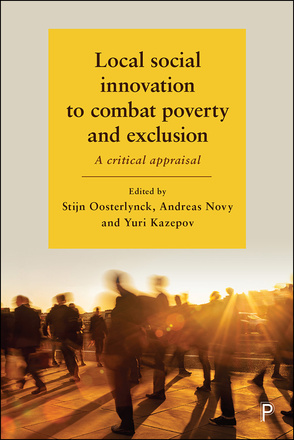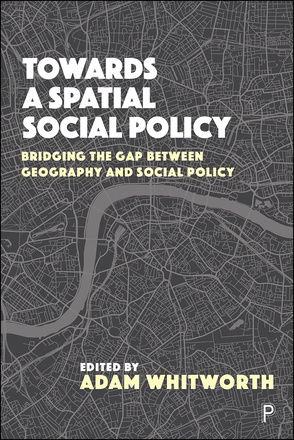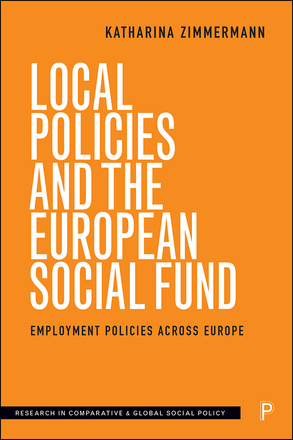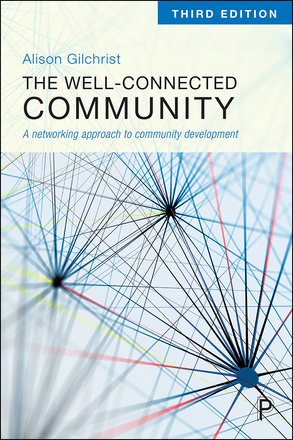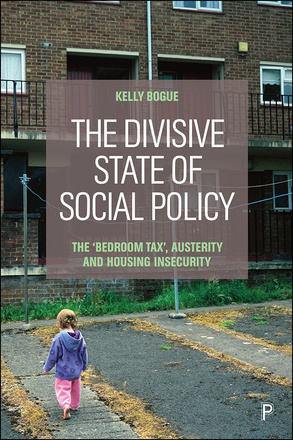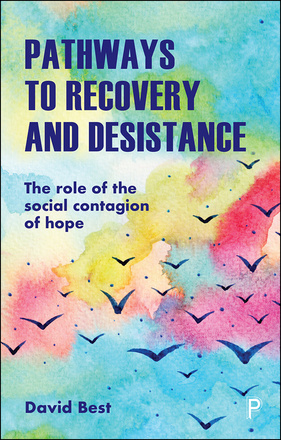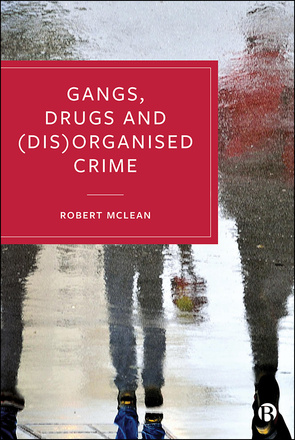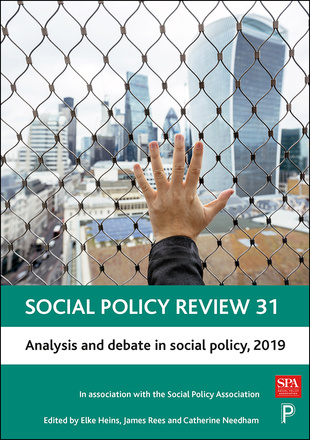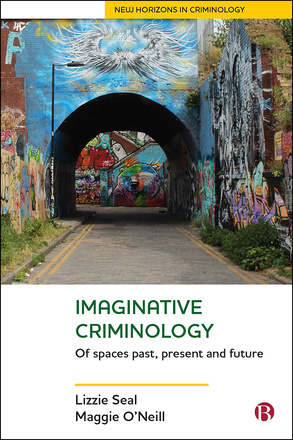SOCIAL SERVICES & WELFARE, CRIMINOLOGY
Local Social Innovation to Combat Poverty and Exclusion
A Critical Appraisal
Based on more than 30 case studies in eight different countries, this book explores the governance dynamics of local social innovations in the field of poverty reduction, illustrating how different governance dynamics and welfare mixes enable or hinder poverty reduction strategies.
Towards a Spatial Social Policy
Bridging the Gap Between Geography and Social Policy
Bringing together experts from both fields, this collection illuminates the myriad of ways that human geography offers rich insights conceptually, empirically and methodologically into the neglected spatialities of social policy scholarship, practice and experience.
What Is the Future of Social Work?
This book offers a unique analysis of the challenges facing contemporary social work that considers the multi-faceted threats to the profession. It provides in-depth reflections on the future of social care practice and solutions for students and practitioners.
Local Policies and the European Social Fund
Employment Policies Across Europe
Comparing data from 18 local case studies across 6 European countries, and deploying an innovative mixed-method approach, this book presents comparative evidence on everyday challenges in the context of the European Social Fund (ESF) and discusses how these findings are applicable to other funding schemes.
The Well-Connected Community
A Networking Approach to Community Development
There is a growing recognition of the importance of networking for the vitality and cohesion of community life. Now in its third edition, and substantially updated, this textbook combines practical experience and theory for people working with and for communities.
The Divisive State of Social Policy
The ‘Bedroom Tax’, Austerity and Housing Insecurity
Few aspects of austerity politics have been as divisive as the ‘Bedroom Tax’. This book provides a vivid and authoritative assessment of the impact of social housing reform on tenants and society, using personal stories from one estate to explore its connections to issues including housing precarity, poverty and damage to social networks.
The Moral Economy of Activation
Ideas, Politics and Policies
By rethinking the role of ideas and morality in policy changes, this book illustrates how the moral economy of activation leads to a permanent behaviourist testing of the unemployed in public debate as well as in local job centres.
Pathways to Recovery and Desistance
The Role of the Social Contagion of Hope
Available Open Access under CC-BY-NC licence. Using case studies and a strengths-based approach Best puts forward a new recovery and reintegration model for substance users and offenders leaving prison which emphasizes the importance of long-term recovery and the role that communities and peers play in the process.
Gangs, Drugs and (Dis)Organised Crime
Drawing upon unique empirical data based on interviews with high-profile ex-offenders and experts in the field, this book sheds new light on drug markets, organised crime and gangs in the UK. McLean sparks new debate on the subject, offering solutions and alternatives for how to best tackle gang violence.
Social Policy Review 31
Analysis and Debate in Social Policy, 2019
Bringing together the voices of leading experts in the field, this edition offers an up-to-date and diverse review of the best in social policy scholarship over the past year.
Imaginative Criminology
Of Spaces Past, Present and Future
Founded in cultural, textual, and ethnographic analysis, this distinctive and engaging book proposes an imaginative criminology, focusing on how spaces of transgression, control or confinement are lived, portrayed and imagined.
A Criminology of War?
In this book, the authors seek to question if a ‘criminology of war’ is possible, whilst providing an implicit critique of mainstream criminology. They also examine how this seemingly ‘new horizon’ of the discipline might be usefully informed by sociology.







